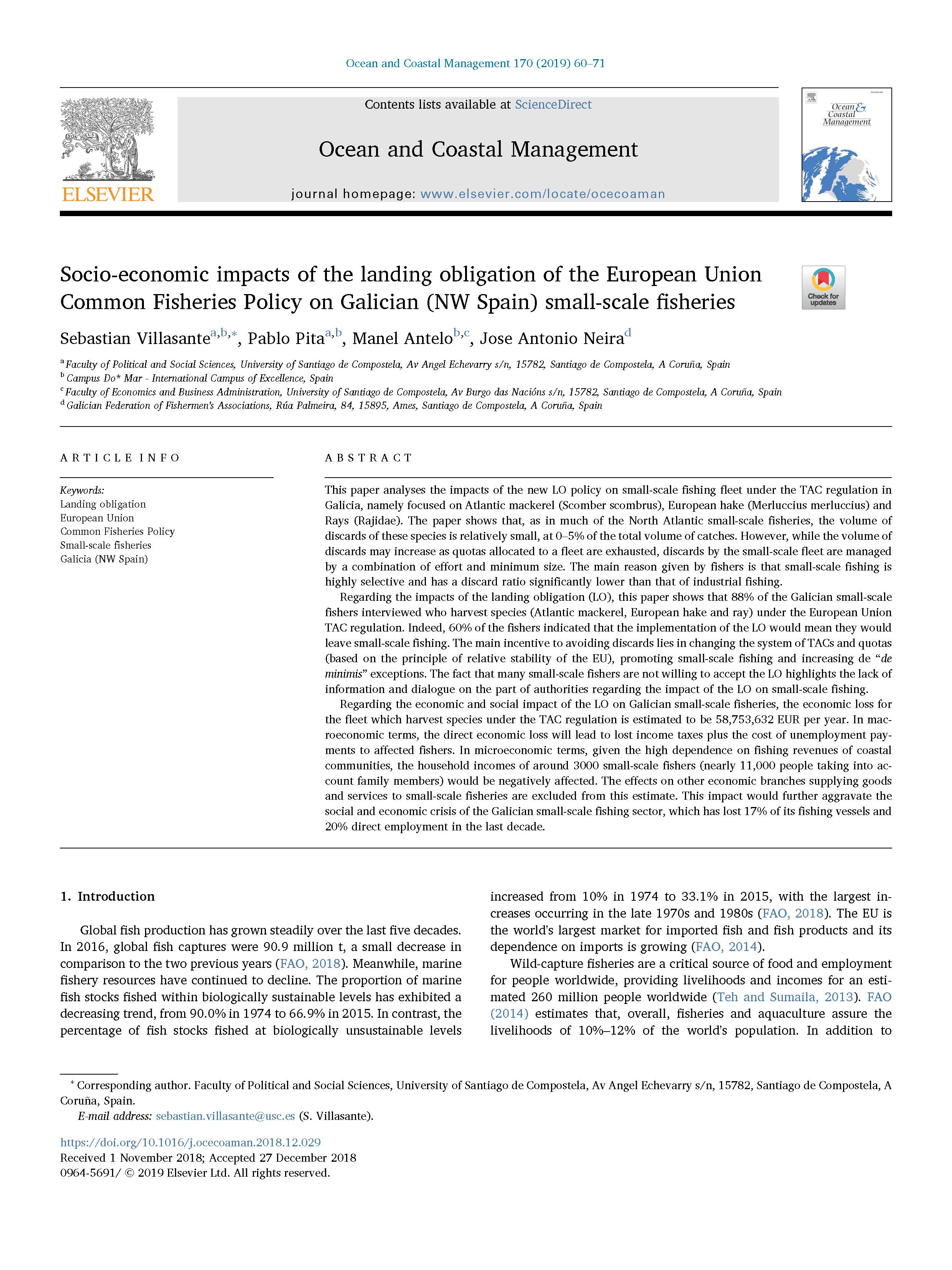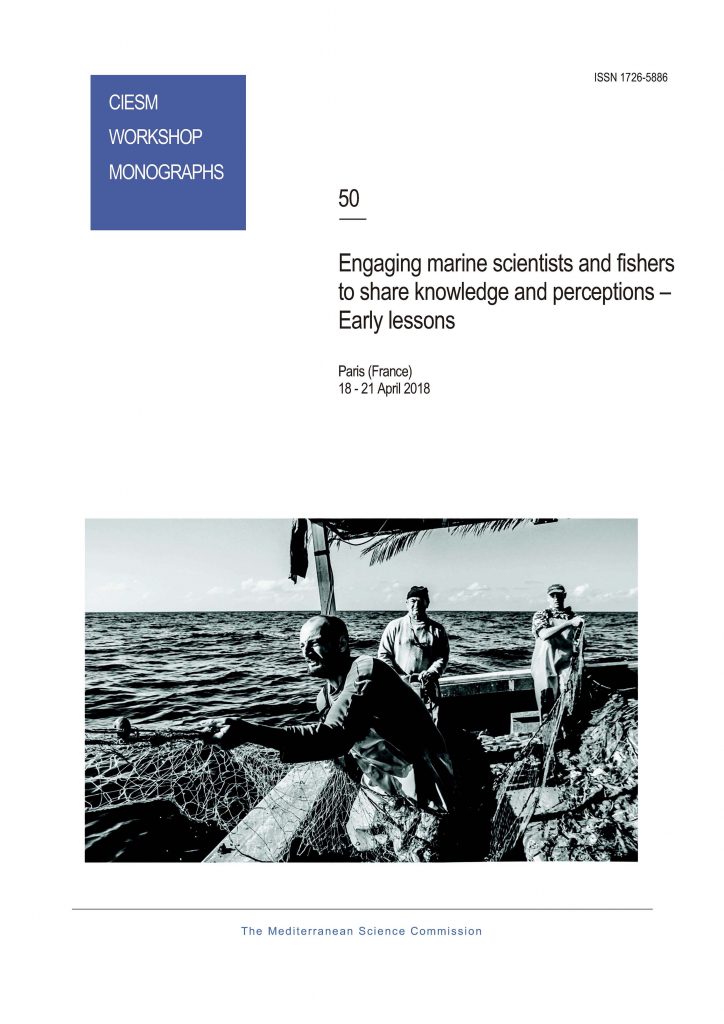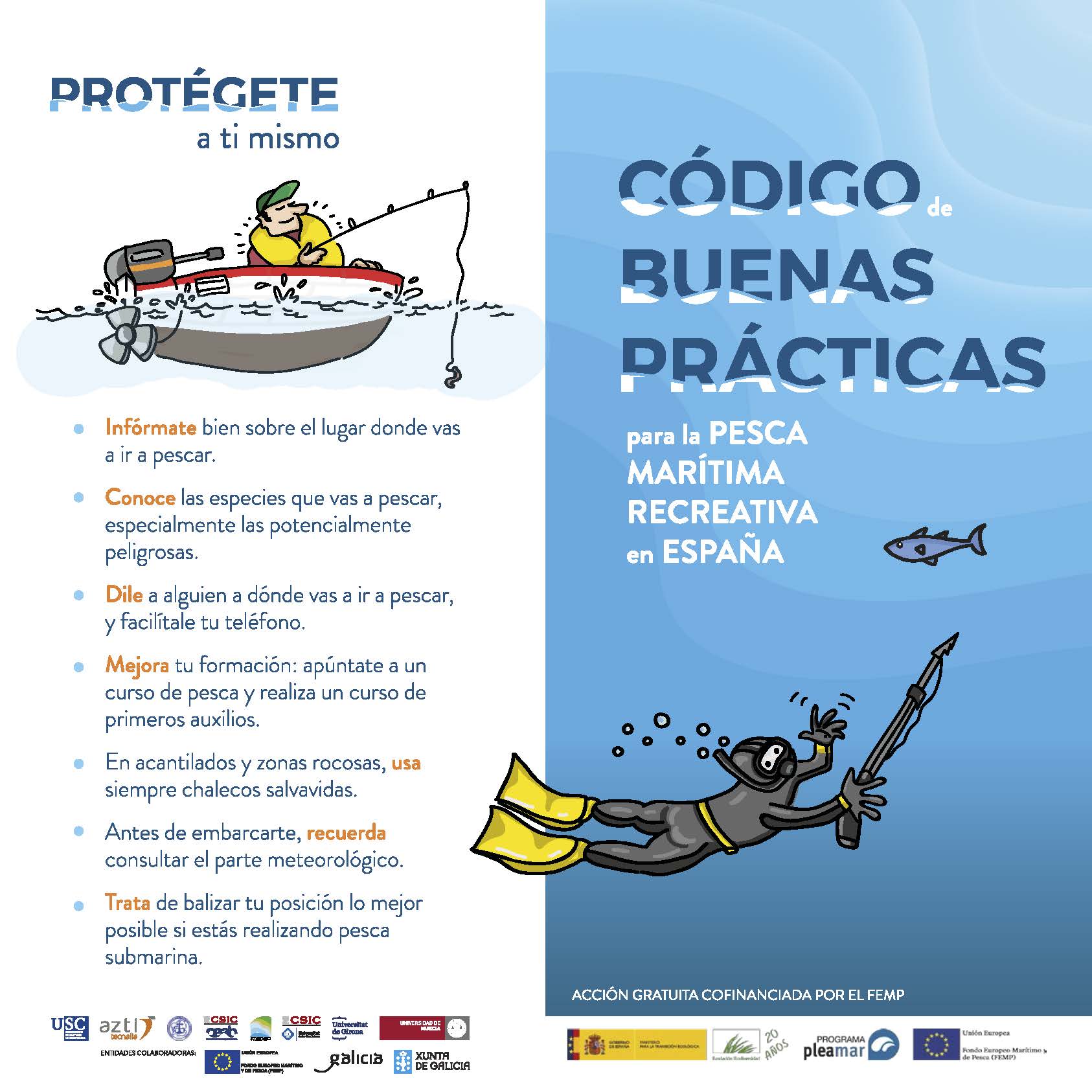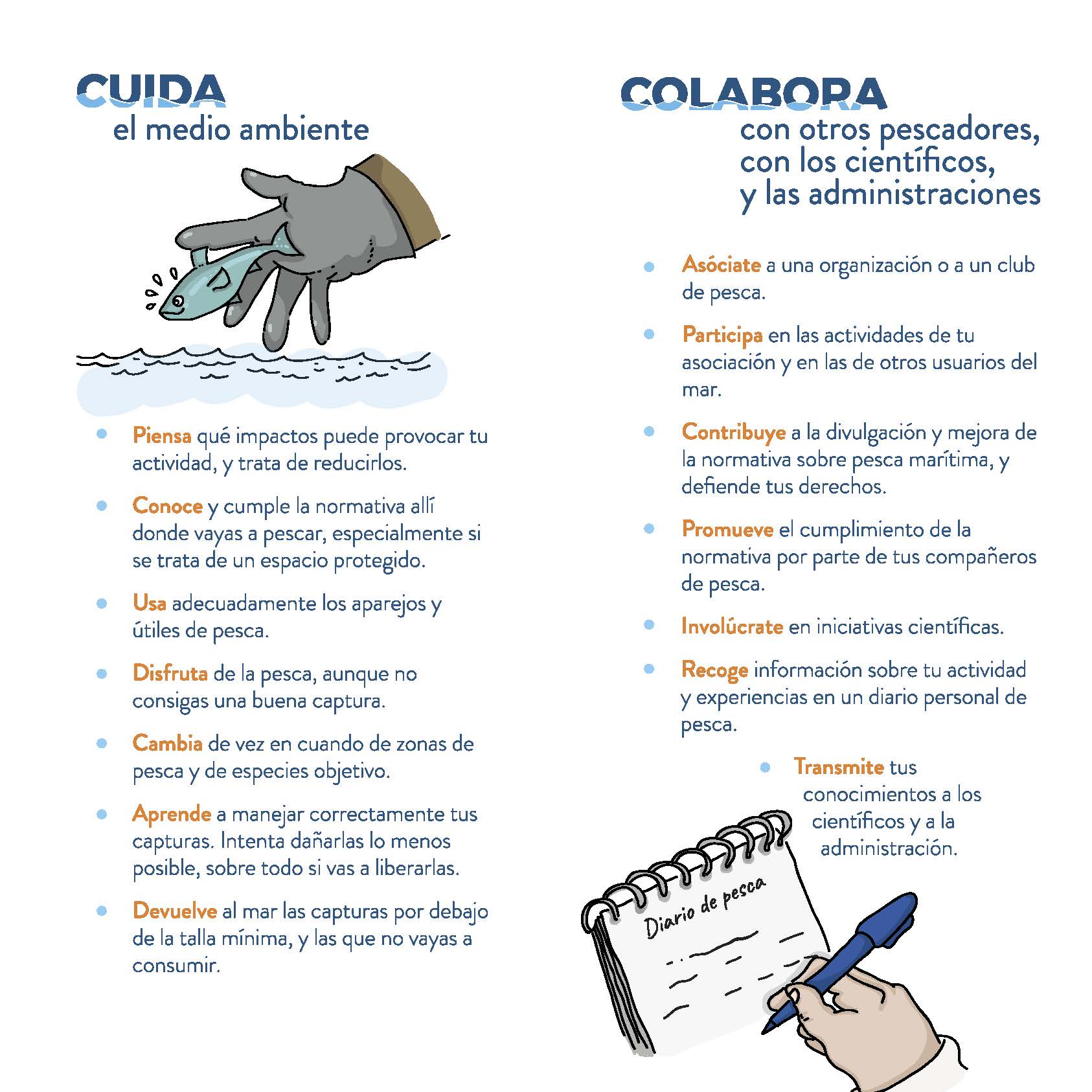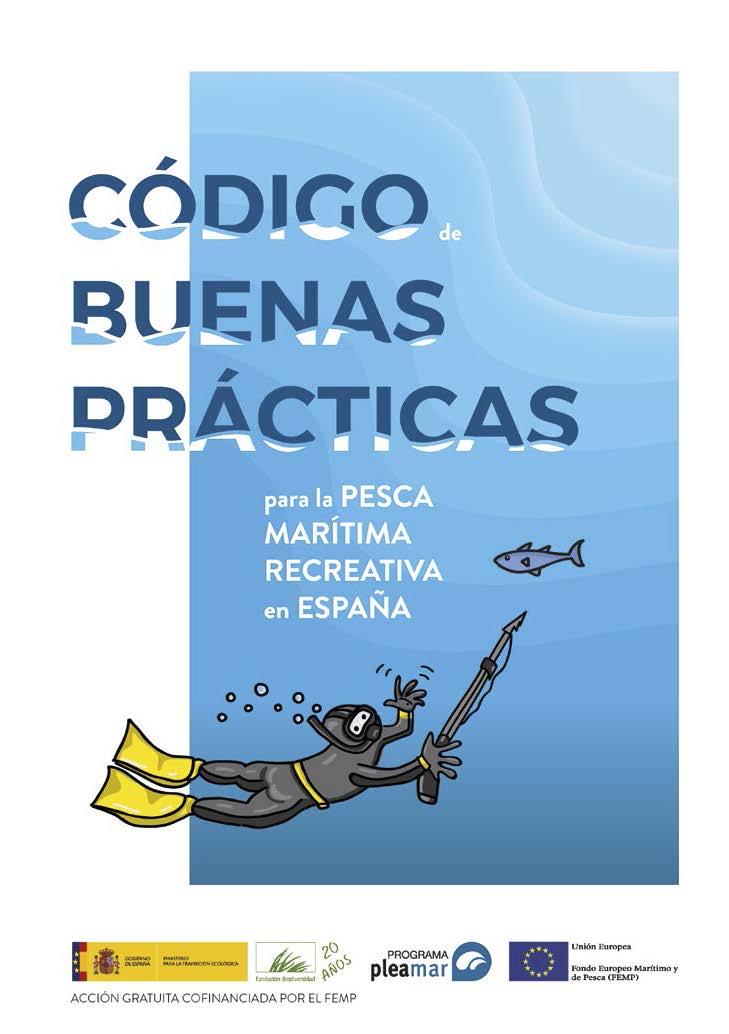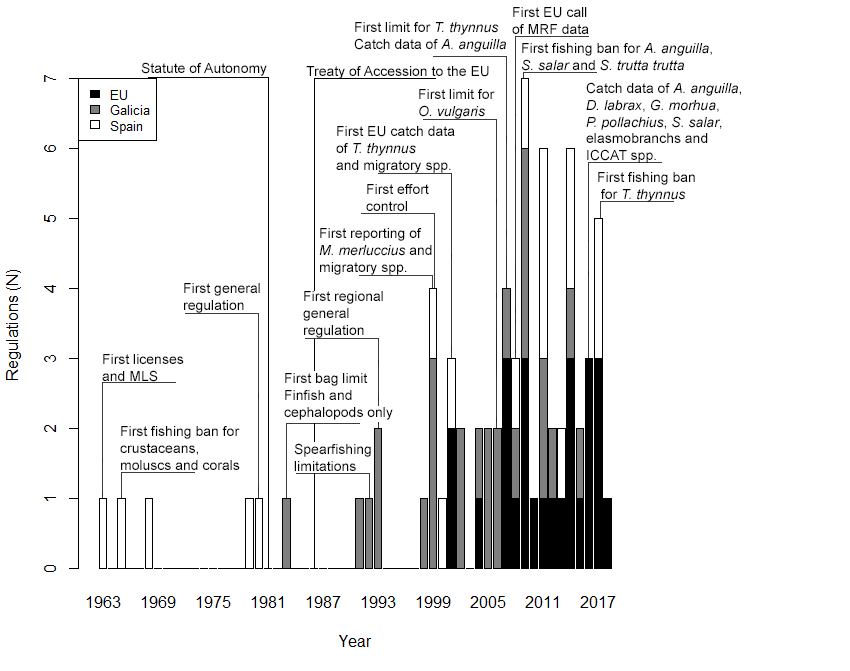El Grupo de Trabajo sobre Pesca Marítima Recreativa (GT PMR) está desarrollando una iniciativa de investigación para analizar el impacto de la crisis del COVID-19 sobre la actividad de pesca marítima recreativa en varios países. Los pescadores recreativos que desarrollen su actividad en las costas españolas pueden participar respondiendo a un cuestionario simple:
El GT PMR está integrado por científicos de distintos centros de investigación, representantes de asociaciones de pescadores recreativos, técnicos y gestores de administraciones públicas, ONGs y otros grupos de interés.

